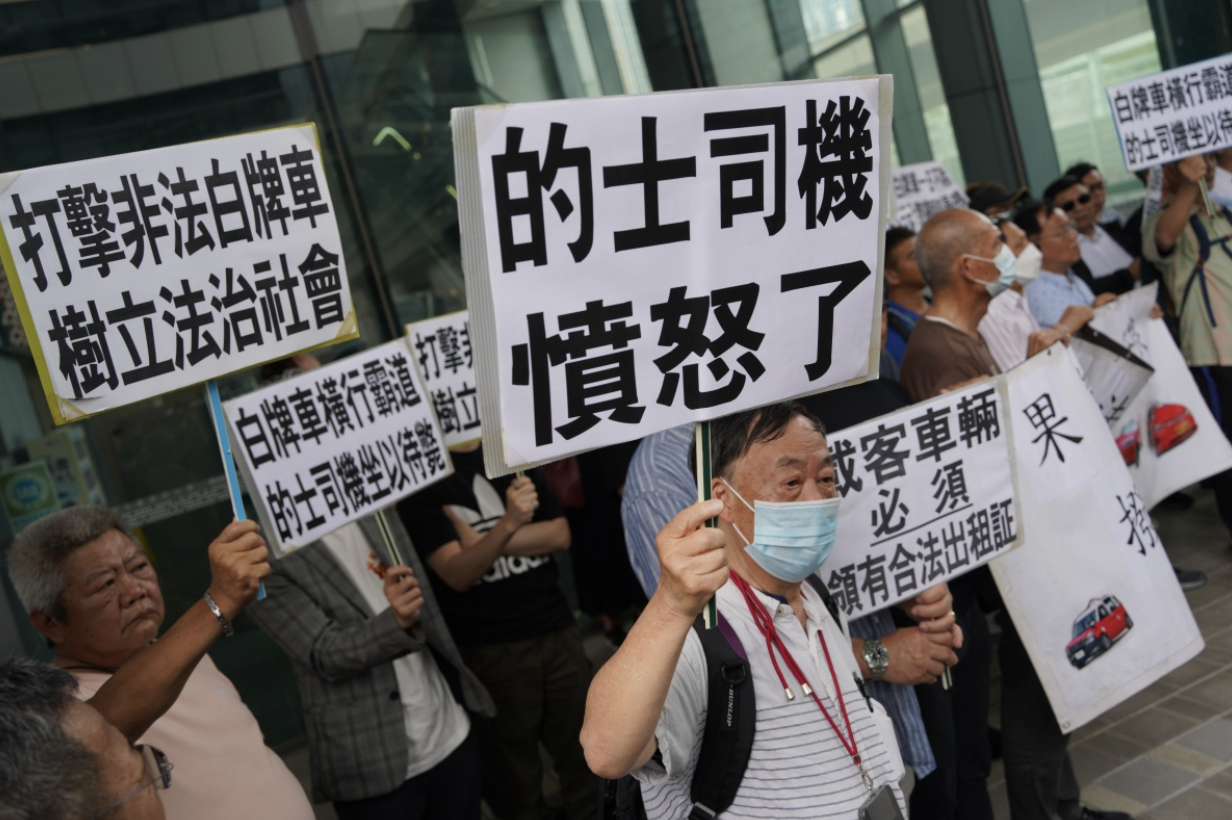Didi: Why China’s Carshare App Won’t Make an Appearance in Hong Kong
By Stephen Donahue
Millions of Hong Kong commuters will have to wait for a chance to use Didi, China’s cheap and convenient rideshare service. But why? Primarily, it comes down to Hong Kong laws. According to Hong Kong law, only licensed taxis are permitted to provide on-demand services to the public. Didi’s fleet operates only with private car models common in mainland China, which do not meet the licensing regulations because they bypass the taxi licensing system.
The Hong Kong authority maintains these laws to ensure passenger safety, fare regulation, and the quality of service. Taxi drivers and transport unions have also expressed concerns that unregulated rideshare services could undermine the established taxi industry, which operates with strict government oversight.
【中国】百度、滴滴出行、アリババ、レベル4自動運転をリード。グーグル子会社Waymoを越す勢い | Sustainable Japan | 世界のサステナビリティ・ESG投資・SDGS. (2020, August 10). Sustainable Japan | 世界のサステナビリティ・ESG投資・SDGs. https://sustainablejapan.jp/2020/08/10/baidu-didi-level-4-autonomous-driving/52727
For many consumers, this legal limitation restricts their choices to a limited number of carshare apps, thereby creating continued reliance on traditional taxis. These taxis are often criticized for higher prices and less availability during peak hours. However, local taxi drivers and industry unions have voiced strong opposition to rideshare apps like Didi. They argue that permitting unlicensed ride-hailing would undermine their livelihoods, since such drivers are not subject to the stringent regulations traditional taxi drivers must comply with; including costly licenses and regular vehicle inspections, giving unlicensed drivers a competitive edge. They fear a disruption of the balance that currently exists in Hong Kong’s transport ecosystem.
Starting in 2025, Hong Kong’s taxi industry is undergoing significant modernization to improve passenger safety and service quality. New government regulations will require all taxis to install mandatory Journey Recording Systems (JRS), which capture video and audio inside the taxi, as well as front and rear external views and GPS location data. These systems aim to deter driver malpractice, enhance safety, and protect both drivers and passengers in case of disputes. Alongside this, from April 1, 2026, all taxis will be required to accept electronic payments, addressing long-standing passenger complaints about cash-only fares and increasing convenience, especially for tourists. The Transport Department is actively coordinating with e-payment platforms to help taxi drivers adapt through training workshops.
劉裕. (n.d.). Taxi industry protests at Transport Department, demands crackdown on illegal ride-hailing services. DotDotNews. https://english.dotdotnews.com/a/202505/09/AP681d7cfde4b063fcd17e2a73.html
The tension between traditional taxi drivers and ride-sharing platforms like Didi remains a significant issue in Hong Kong. In early 2025, taxi unions threatened strikes to demand government action against unlicensed ride-hailing services, citing threats to drivers’ livelihoods and unfair competition. While the government has begun modernizing the taxi industry with regulations like mandatory journey recorders and electronic payments, many drivers remain cautious about the proposed licensing framework for ride-hailing platforms. Concerns include potential vehicle age limits and licensing fees that could affect ride-hailing drivers’ earnings and service availability. As Hong Kong navigates these regulatory challenges, balancing innovation with protection for licensed taxi operators and public safety will be key to the future of urban transport in the city.

